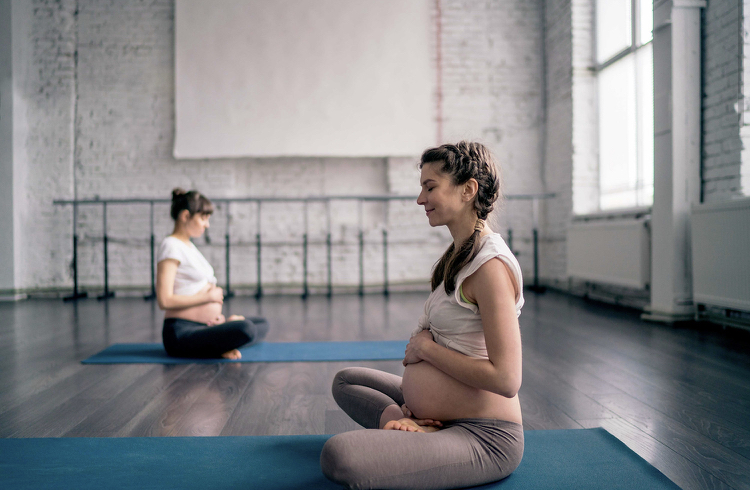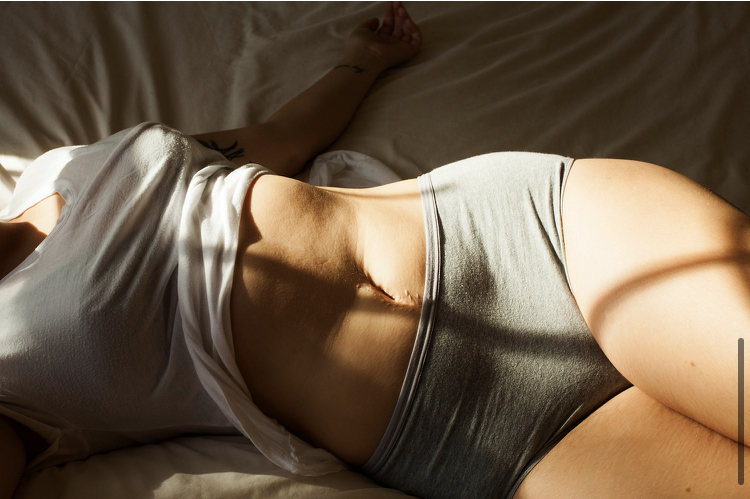Endometriosis Explained

As you’re hunched over in agonizing pain, you might be asking yourself, “why is this happening to me?”
Let me explain this in the most “non-sciencey” way possible.
The uterus has one job: to sustain life for the human race.
For this to occur, the innermost lining layer of the uterus-called the endometrium is made up of endometrial cells.
These cells are programmed to be fierce proctors of life.
Just one cell contains thousands of years of information about how to protect the life within the uterus.

Clean from what?
For all this to happen, the uterus has to be clean.
Clean from poisons, clean from toxins, pathogens, viruses and bacteria.
Many women have tremendous amounts of heavy metals in the uterus, such as mercury, lead, aluminum, arsenic, copper, etc.
Additionally, we are constantly exposed to loads of pesticides, herbicides, fungicides, perfumes, toxins from beauty and cleaning products, pharmaceutical poisons and air fresheners, and the list goes on and on.
The monthly menstrual cycle is one way the uterus cleans itself out regularly.
But when there is an overload of toxins accumulated, the uterus will push out the endometrial cells, and they will leave the uterus with poison or toxins in it to keep the uterus clean.

Then these endometrial cells end up on the outside of the uterus, attaching themselves and growing into little pods, tiny cysts or adhesions around the ovaries, onto the bladder, in the pelvic cavity or even on the colon.
During a menstrual cycle and ovulation, swelling and expansion occur, causing pressure. As the pressure builds, these pods will touch nerves causing pain and spasms. Because of the increased inflammation, symptoms are worse during a menstrual cycle or ovulation.
With endometriosis, you aren’t just cramping from the menstrual cycle; you’re also cramping from the spasms.
We often think there is a lot of space in the body. On the contrary, because everything is so tight, any inflammation will cause the cysts to hit nerves.
For example, just by holding in a full bladder, having that extra urine in the bladder will blow the bladder up a little (like a balloon).
If endometrial cells are sitting on the outside of the bladder, having too much in the bladder will hurt.
As the endometrial cells push up against those nerves, you may experience painful burning and /or spastic bladder. The same goes for full bowels or constipation and spastic colon.
What can you do? 5 Action steps:

- You need to cleanse the body –start with this smoothie to begin to remove heavy metals and accumulated toxins.
- Switch your beauty and cleaning products to natural alternatives- read more about why here and try an easy cleaning D.I.Y
- Stop feeding viruses and harmful bacteria in the body –read about this here.
- Boost your immune system- lots of helpful tips on how here
- Finally, I have a 1-on-1 specialized program supporting women in restoring the uterus and alleviating endometriosis. You can book a call for more information on how the program works.
I hope this was helpful. Talk soon:)
Vanessa
1 Comment on Endometriosis Explained